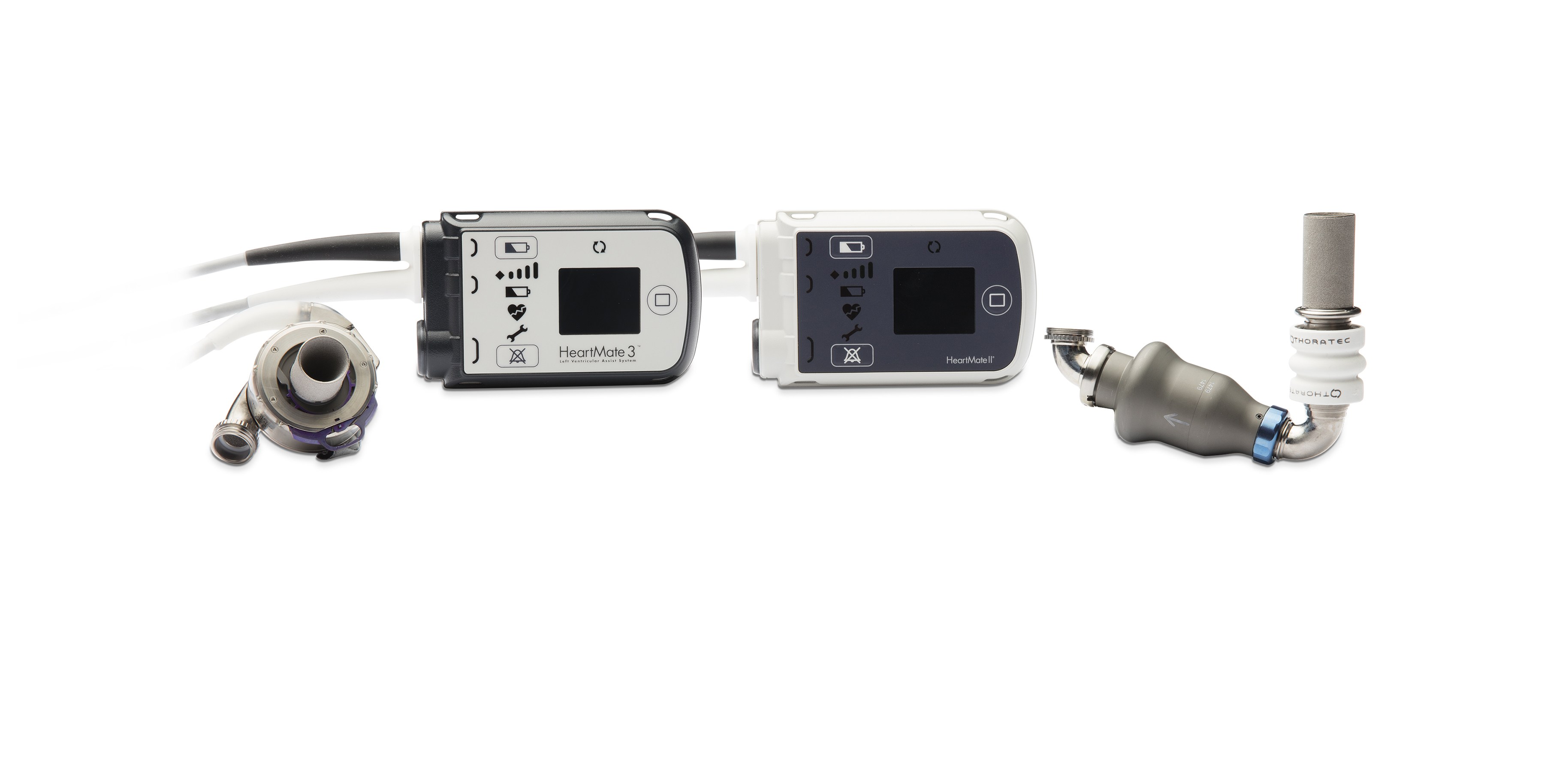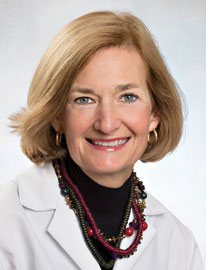The inflamed joint is a complex place. Many different types of cells must interact with each other to initiate and sustain inflammation and tissue injury. These include both those resident in the joint before inflammation started and cells that were recruited or developed later. To get a handle on this complexity, investigators need methods that can provide highly detailed portraits of individual cells. A major goal of the Joint Biology Consortium’s Cellular Systems Core, directed by Dr. Jim Lederer, is to accelerate research by JBC members through two such methods: cytometry by time of flight (CyTOF) mass cytometry and RNA sequencing (RNA-seq). Read More

 Treating cancer is always a challenge, but elderly patients can add another level of complexity. For that reason, Brigham and Women’s Hospital and the Dana-Farber Cancer Institute banded together to create the
Treating cancer is always a challenge, but elderly patients can add another level of complexity. For that reason, Brigham and Women’s Hospital and the Dana-Farber Cancer Institute banded together to create the  Uterine leiomyomatas, also known as uterine fibroids, are the most common pelvic tumor in women. About 75 percent of women will develop fibroids, and the average affected uterus has six to seven of these tumors.
Uterine leiomyomatas, also known as uterine fibroids, are the most common pelvic tumor in women. About 75 percent of women will develop fibroids, and the average affected uterus has six to seven of these tumors. 

